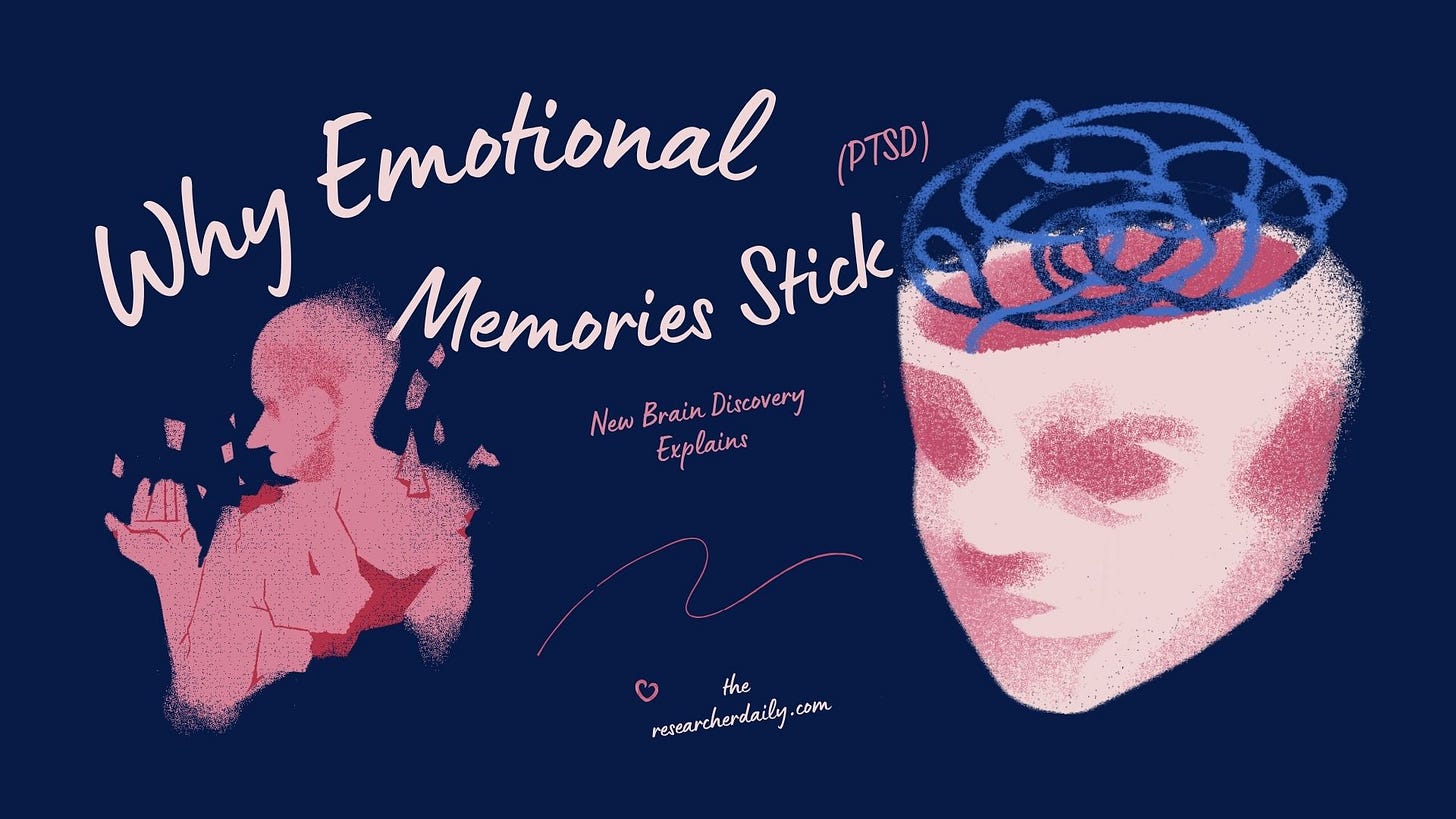Why Emotional Memories Stick
New Brain Discovery Explains
A new study has overturned the long-held belief that only neurons store memories by revealing that astrocytes—previously considered mere support cells—play a crucial role in locking in emotional experiences for the long term. Researchers found that astrocytes do not react during an initial event but become active when an emotional memory is recalled, he…


